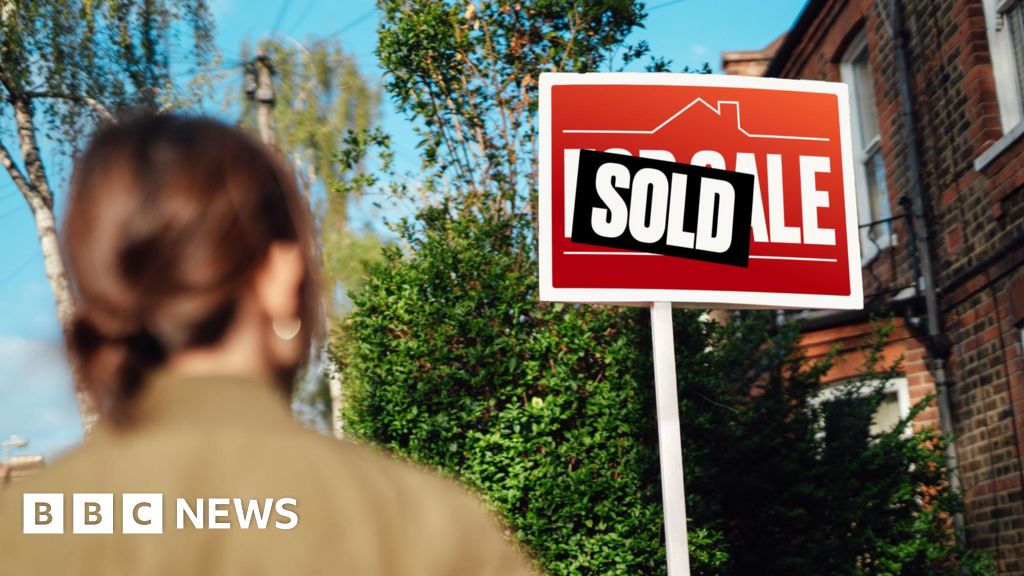ARTICLE AD BOX
 Image source, Getty Images
Image source, Getty Images
Olivia Rodrigo released explicit and clean versions of her hit Bad Idea Right?
Young fans of Olivia Rodrigo, Eminem and other music stars have been shown explicit lyrics on Spotify even when users have blocked explicit content.
The streaming service often shows a song's original lyrics, which can include racial slurs and swear words, on screen when the clean 'radio friendly' version is played.
The BBC found the issue occurring with dozens of big songs by artists like Dua Lipa, The Weeknd, Drake and Lil Nas X.
Spotify declined to comment.
The BBC understands the company is aware of the problem and working to fix it.
Spotify introduced a system designed to deal with explicit content in 2018 after parents put pressure on the company, and explicit songs are marked with an 'E'.
Anyone who wants to avoid hearing swearing can choose to block explicit content in their settings, and clean versions will often be offered instead.
However, the lyrics in Spotify's database for many of these edited versions can be the same as the originals, meaning anyone looking at the lyrics will see the explicit words.
Image source, Getty Images
Currently more than a third of the songs in Spotify's UK top 50 chart contain explicit lyrics. Of those, half show the explicit lyrics on screen when the clean edit is played.
The BBC found 100 more high-profile affected tracks, including some that feature in children's film soundtracks or on child-friendly playlists. They include:
- Dua Lipa - IDGAF
- Olivia Rodrigo - Bad Idea Right?
- The Weeknd - Starboy
- Drake - Nice for What
- Kanye West - Gold Digger
- Eminem (feat Juice Wrld) - Godzilla
- Travis Scott- Goosebumps
- Megan Thee Stallion feat Nicki Minaj & Ty Dolla $ign - Hot Girl Summer
Spotify appeared to remove lyrics for a small number of songs on Wednesday after being alerted to the problem by the BBC.
The BBC has also discovered that on desktops or laptops, people can still read the lyrics of explicit versions of songs even when the tracks are blocked, simply by clicking on the track names from a search or artist profile page.
Spotify is the world's most popular music streaming service with more than 500 million users.
'You're reading every word'
James Roach, who produces music under the name Midlo and has written for parenting website Music Football Fatherhood, is the dad of two children, one of whom is just discovering music in his own right.
"It's something you don't really think about until you have a child who's of an age where they can actually start to comprehend and make sense of words and language," he says.
"My son is seven going on eight. It's only recently that this has become a thing, where it could actually become a problem, because up to now he wouldn't read stuff or pay attention, but now he's finding music that he likes, and he can read well.
"Kids do want to imitate these artists and sing the songs, but it's not always 100% clear what is being said sometimes.
"So you do go online, or you go to these platforms to see what the actual words are. And I think that makes it even worse because you're looking for it. You're reading every word."
Image source, Getty Images
As a producer, Roach says people who upload songs have the option to submit different lyrics for different versions of songs, but suspects some people are "lazy" and use the same lyrics for both the explicit and clean edits.
"You would like to think that at Spotify headquarters they've got a process in place," he says. "It's a surprise that they're outsourcing."
Spotify and some other music streamers source lyrics from a firm called Musixmatch, which describes itself as "the world's largest collection of song lyrics used by millions of people to get instant time synced lyrics".
Musixmatch allows fans to add, correct or translate lyrics in exchange for "kudos". The company did not respond to a request for comment.
Unlike films and some TV streaming services, music does not have an age rating system to highlight potentially inappropriate content.

 11 months ago
20
11 months ago
20








 English (US) ·
English (US) ·